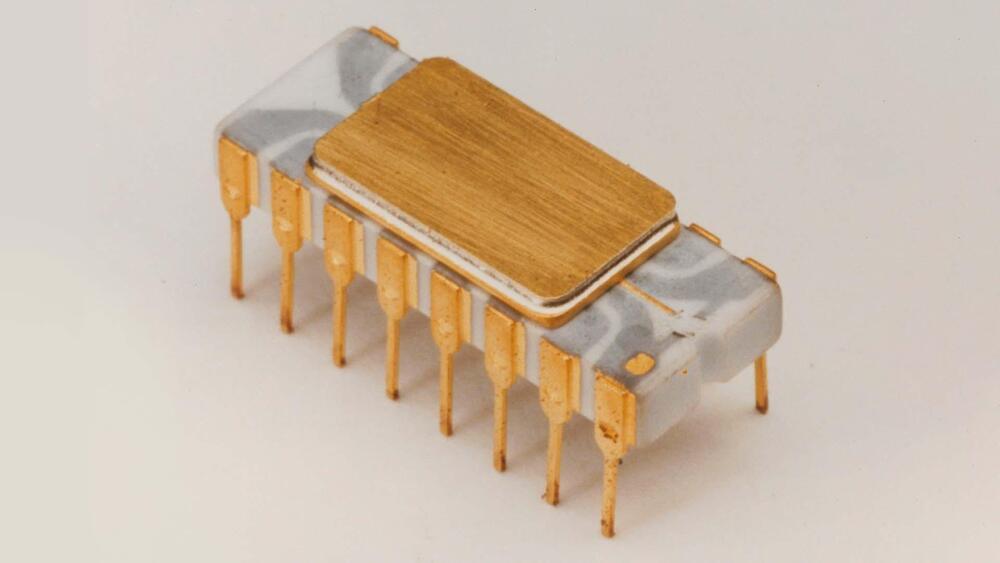Nov 15, 2021
Exclusive: IBM achieves quantum computing breakthrough
Posted by Dan Kummer in categories: energy, quantum physics, supercomputing
IBM has created a quantum processor able to process information so complex the work can’t be done or simulated on a traditional computer, CEO Arvind Krishna told “Axios on HBO” ahead of a planned announcement.
Why it matters: Quantum computing could help address problems that are too challenging for even today’s most powerful supercomputers, such as figuring out how to make better batteries or sequester carbon emissions.
Driving the news: IBM says its new Eagle processor can handle 127 qubits, a measure of quantum computing power. In topping 100 qubits, IBM says it has reached a milestone that allows quantum to surpass the power of a traditional computer.


















